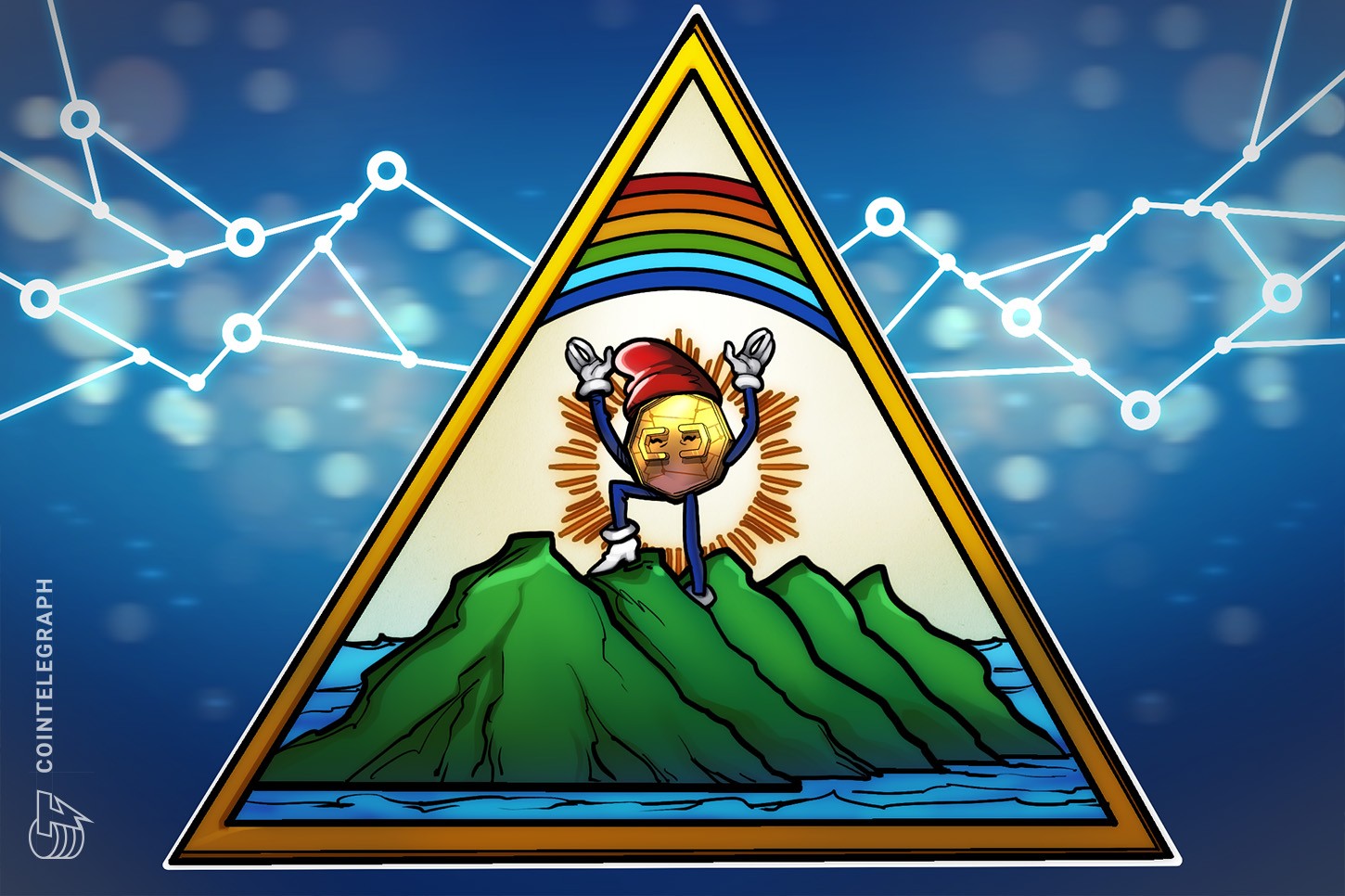El Salvador has passed landmark legislation providing the legal framework for a Bitcoin-backed bond — known as the “Volcano Bond” — that will be used to pay down sovereign debt and fund the construction of its proposed “Bitcoin City”.
The bill passed on Jan. 11 with 62 votes for and 16 against, and is set to become law after it is ratified by President Bukele.
#Plenaria90✍ Con 62 votos a favor, creamos la Ley de Emisión de Activos Digitales. pic.twitter.com/g1poXwLoH3
— Asamblea Legislativa (@AsambleaSV) January 11, 2023
The National Bitcoin Office of El Salvador announced the passage of the bill in a Jan. 11 Twitter thread, noting that it would begin issuing the bonds soon.
3/ El Salvador is the epicenter of Bitcoin adoption, and thus, economic freedom, financial sovereignty, censorship resistance & unconfiscatable wealth.
— The Bitcoin Office (@bitcoinofficesv) January 11, 2023
When we issue the first of the volcano bonds, we will once again be blazing the path forward for this new monetary revolution.
According to crypto exchange Bitfinex, which is the technology provider for the bonds, the Volcano Bond — or Volcano Tokens — would allow El Salvador to raise capital to pay down its sovereign debt, fund construction of the Bitcoin City and create Bitcoin mining infrastructure.
The volcano descriptor for the bonds is derived from the location of the country’s Bitcoin City, which is set to become a renewable crypto-mining hub powered by hydrothermal energy from the nearby Conchagua volcano.

Bitfinex notes that the city would be a special economic zone similar to those seen in China, which would offer tax advantages, crypto-friendly regulations and otherwise incentivize Bitcoin businesses for its residents.
The bonds have been targeted to raise $1 billion for the country, with half of it going into building the special economic zone.
According to the initial proposal, the tokenized bonds would be denominated in U.S. dollars, have a ten-year maturity date and carry an annual interest rate of 6.5%.
Related: Bitcoin, Sango Coin and the Central African Republic
Samson Mow, a Bitcoin proponent who has been involved in the development of the Volcano Token, told Cointelegraph that the bill’s passage could help turn the country into a “major” financial hub.
“The move to pass the new Digital Securities Law, and enable new instruments like the Bitcoin Bonds, will help El Salvador to pay off their existing debts and will be critical to transforming the country into a major financial center of the world.”
The bill also includes a legal framework for all digital assets that are not Bitcoin, in addition to those issued on Bitcoin, and creates a new regulatory agency that will be in charge of applying the securities law and providing protection from bad actors.
5/ The new legislation also creates the National Digital Assets Commission, the regulating agency in charge of applying the securities law and protecting the rights of digital asset purchasers as well as issuers in El Salvador, and of deterring fraudsters from operating here.
— The Bitcoin Office (@bitcoinofficesv) January 11, 2023


